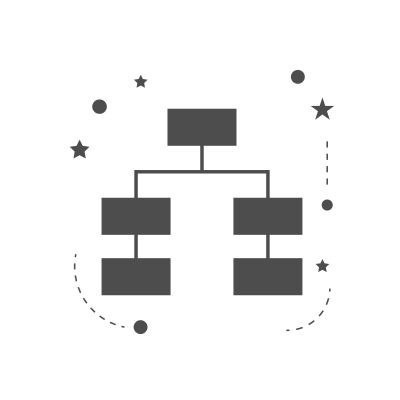Multi-Scale Analysis of Non-Gaussian Innovation Models with First-Order Spatial Dependencies
Autumn 2011
Master Diploma
Project: 00225

Innovation modelling is a framework for constructing stochastic
representations of phenomena, where it is assumed that at a fundamental
level, the phenomenon under investigation is composed of independent atoms
of randomness or `innovations' that go through a process of `mixing'. In
certain cases, the assumption of independence in such models may be
derived from physical considerations, but most often, it is based on the
level of complexity one is willing or able to incorporate in the model
while meeting computational and/or analytical limitations. In any case,
this modelling principle can be employed in order to interpret, guide, and
inform the design of schemes and algorithms for treating data obtained
from observation, with applications in many areas of science and
engineering including biomedical imagine and reconstruction.
Motivated by the intellectual appeal and wide-spread success of
multi-scale and wavelet-based methods in signal and image processing, in
this project we aim to interpret these methods in the context of
temporal/spatial innovation models with first-order temporal and/or
spatial coupling. The objective is to develop a rigorous statistical
theory and to explore its connections with information theoretical
principles and statistical physics. It is hoped that this statistical
theory can then direct us to improved schemes and algorithms for signal
and image processing using multi-scale and wavelet analysis.
- Supervisors
- Pouya Dehghani Tafti, 351 35, BM 4.142
- Michael Unser, michael.unser@epfl.ch, 021 693 51 75, BM 4.136